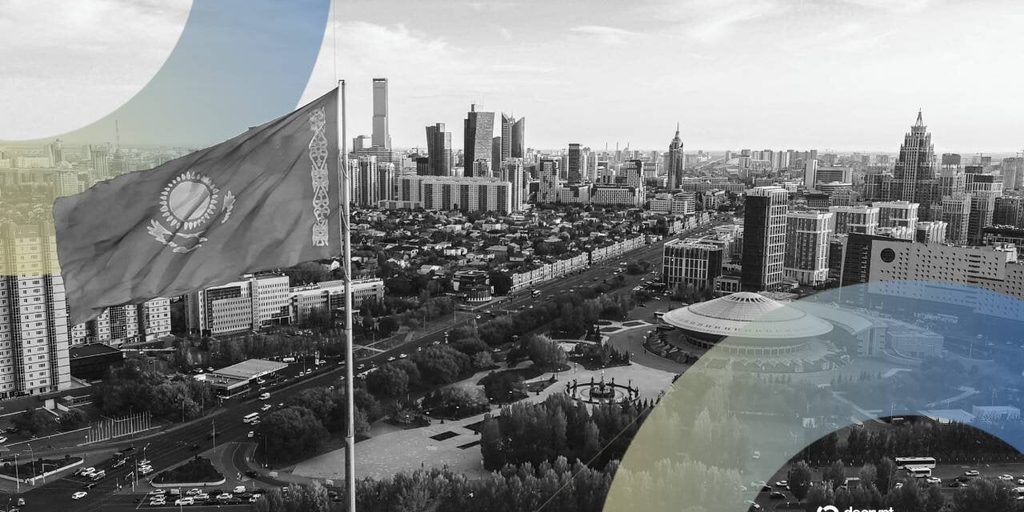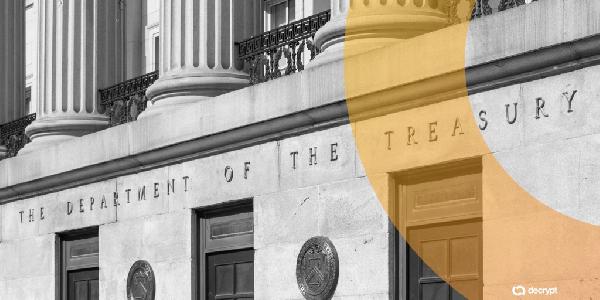Kazakhstan President Kassym-Jomart Tokayev has proposed the creation of a State Fund of Digital Assets, a new institution designed to consolidate the country’s role in the digital finance sector. The initiative was unveiled during his annual state of the nation address on Monday.
“Given the demands of the modern era, it is necessary to focus on cryptoassets. It is advisable to create a State Fund of Digital Assets on the basis of the National Bank‘s Investment Corporation,” Tokayev said. “This structure will accumulate a strategic crypto reserve consisting of promising assets in the new digital financial system.”
The announcement reflects the scale of cryptocurrency’s growth in Kazakhstan. A report by KPMG Caucasus and Central Asia showed crypto ownership has doubled from 4 in 2022 to 8 nationally in 2024. Licensed providers under the Astana International Financial Centre contributed $367,000 in taxes in the first eight months of 2024, compared to $275,000 in 2023.
Meanwhile, crypto mining added $10.4 million in taxes over ten months, after generating $16.4 million the year prior. Kazakhstan rose to global prominence in Bitcoin mining in 2021 after China’s ban, though much of the activity remains unlicensed.
The government’s digital finance agenda includes consideration of investing national reserves into cryptocurrency, echoing moves by countries such as Bhutan. U.S. President Donald Trump has also stated he plans to launch a strategic reserve for crypto.
Tokayev stressed the risks alongside opportunities. “In recent years, online fraud has been causing great harm to the financial security of the state and citizens,” he said, citing the creation of an anti-fraud center, biometric ID systems, and tighter oversight of banks and telecoms. He added that preventing cybercrime will require continual upgrades to legislation and law enforcement capabilities.
Kazakhstan’s smart city ambitions
 Concept for Alatau City, Kazakhstan. Image: Caspian Group
Concept for Alatau City, Kazakhstan. Image: Caspian GroupThe president also linked digital finance to Kazakhstan’s urban development ambitions. Plans for Alatau City, a new “smart city” near Almaty, include digital-first infrastructure.
Envisioned as a hub for finance, education, logistics, and leisure, the $7.2 billion project aims to grow from a population of 52,000 to two million residents.
“Alatau City should become the first fully digitalized city in the region," Tokayev said, adding that, "It should introduce everything from the use of Smart City technologies to paying for goods and services with cryptocurrency.”
Your Email









